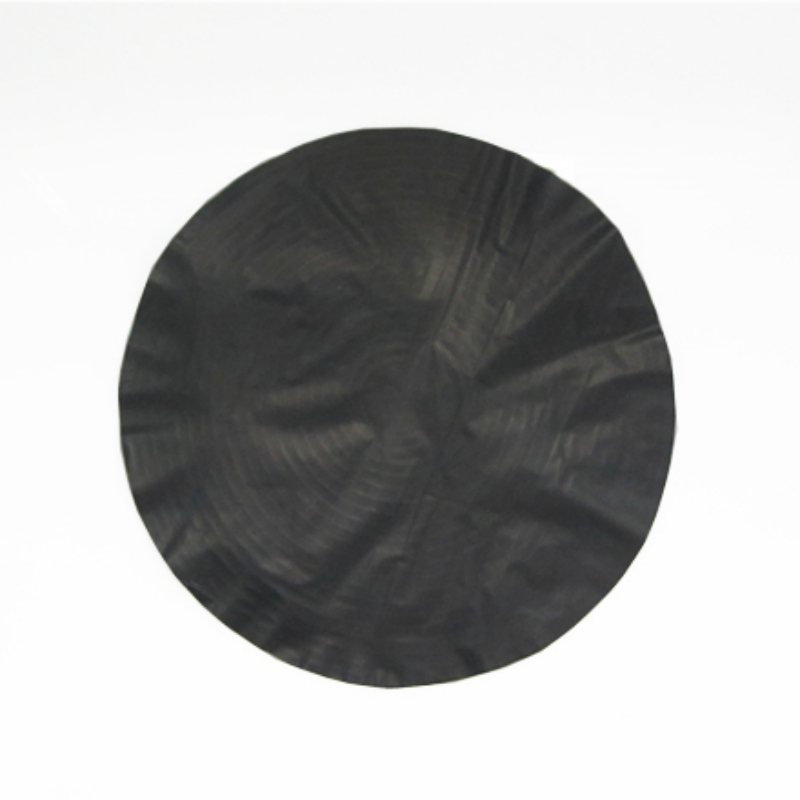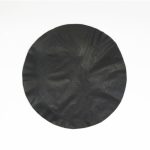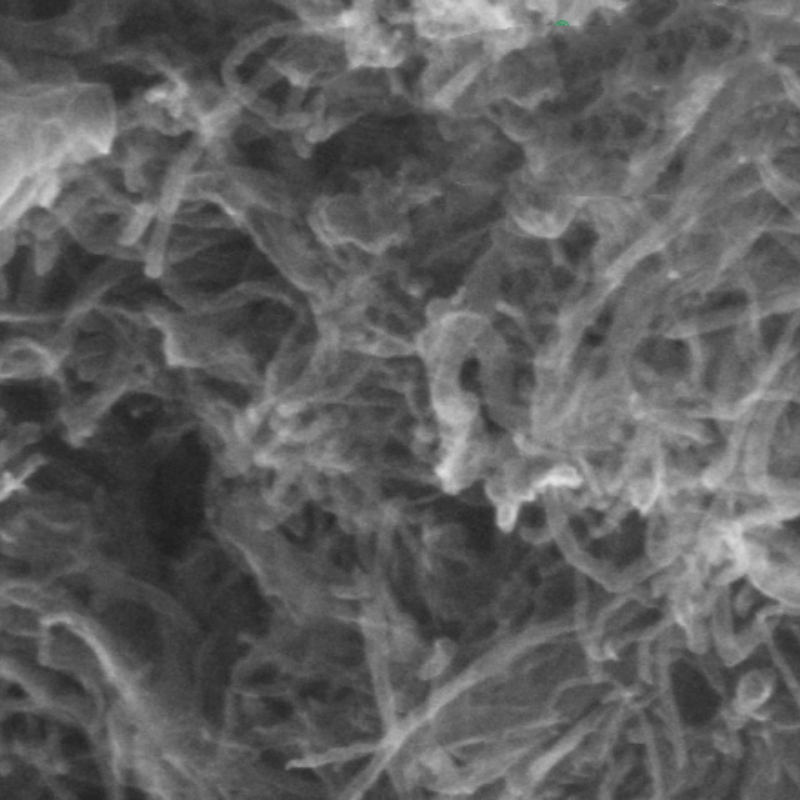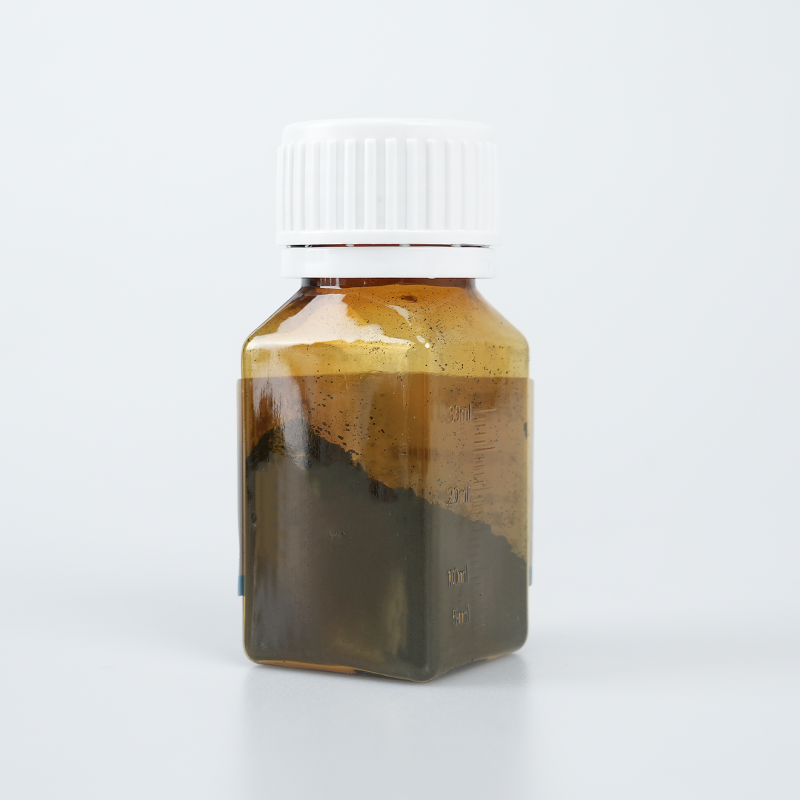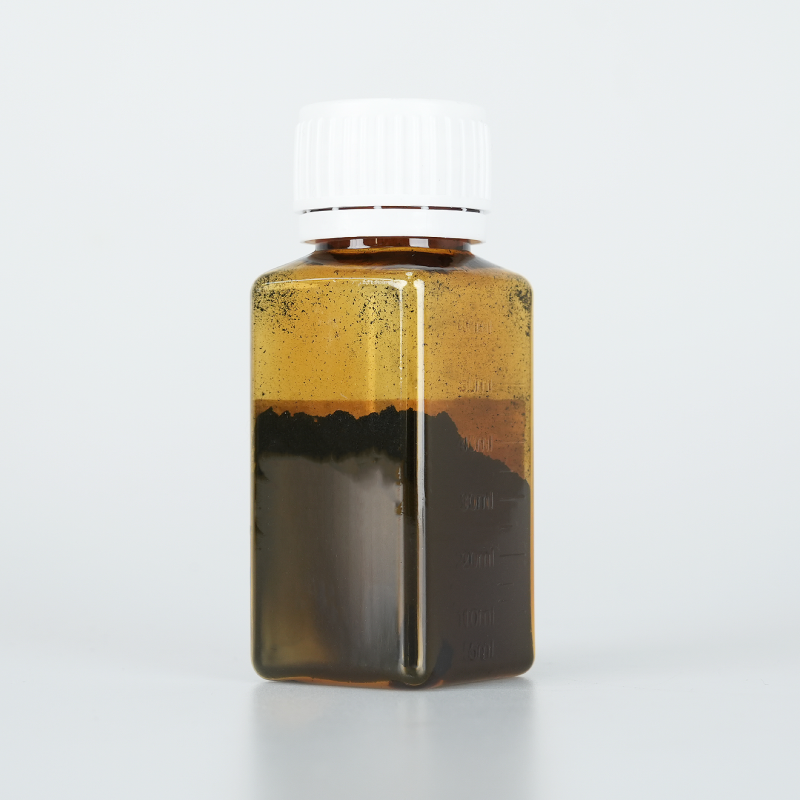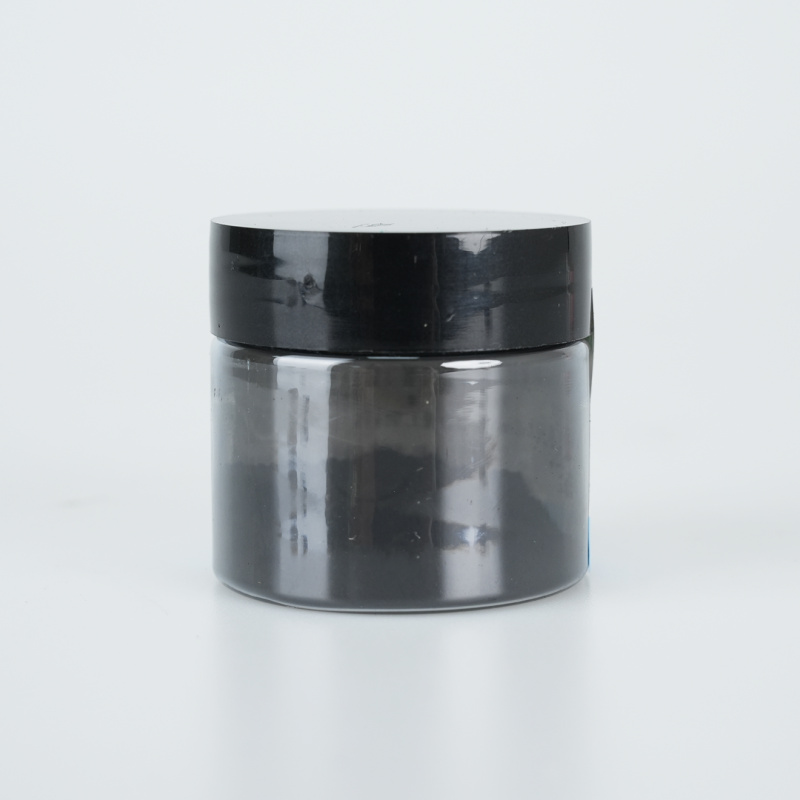Single-walled carbon nanotube (SWCNT) paper offers exceptional conductivity, lightweight flexibility, and superior mechanical strength. Designed for advanced applications, it ensures efficient material integration, extended durability, and high-performance adaptability.
Product Overview
Single-walled carbon nanotube paper is a thin sheet material composed of disordered carbon nanotubes, exhibiting excellent electrical conductivity, thermal conductivity, and chemical stability. The material is prepared via filtration and is widely used in fuel cell gas diffusion layers, electrochemical supercapacitors, lithium-ion battery cathodes, electronic device heat sinks, and high-performance polymer composites, demonstrating significant potential in various applications.
Key Features
- Excellent Conductivity:High electrical conductivity, making it suitable for use as electrode materials.
- Excellent Thermal Conductivity:Can be used as a heat dissipation material, effectively applied in high-power electronic devices.
- Good Chemical Stability:Strong corrosion resistance and antioxidant properties, suitable for harsh environments.
Applications
- Fuel Cells:Used as a gas diffusion layer in fuel cells to improve battery efficiency.
- Supercapacitors:As a component of electrochemical supercapacitors, enhancing specific capacitance and performance.
- Lithium-Ion Batteries:Can be used as a cathode material in lithium-ion batteries, improving energy density and cycle life.
- Heat Pads:Widely applied in heat dissipation for high-power electronic devices to reduce temperature and improve stability.
- Composites:Combined with polymers and other materials to create high-performance composite materials for broader applications.
| Technical Parameter | Value |
| Diameter | 12-13 cm |
| Thickness | 10-20 μm |
| Metal Content | < 0.5% |
| Strength | 60-120 MPa |
| Conductivity | 1-2 x 10⁵ S/m |
| Preparation Method | Filtration method |
| Thermal Diffusivity | ~55.576 mm²/s |
| Thermal Conductivity | ~56.693 W/(m*K) |
| Specific Heat Capacity | ~1.330 J/g/K |
| Thermal Conductivity Test Conditions | Laser voltage 250V, Pulse width 0.05ms |
 new material
new material

